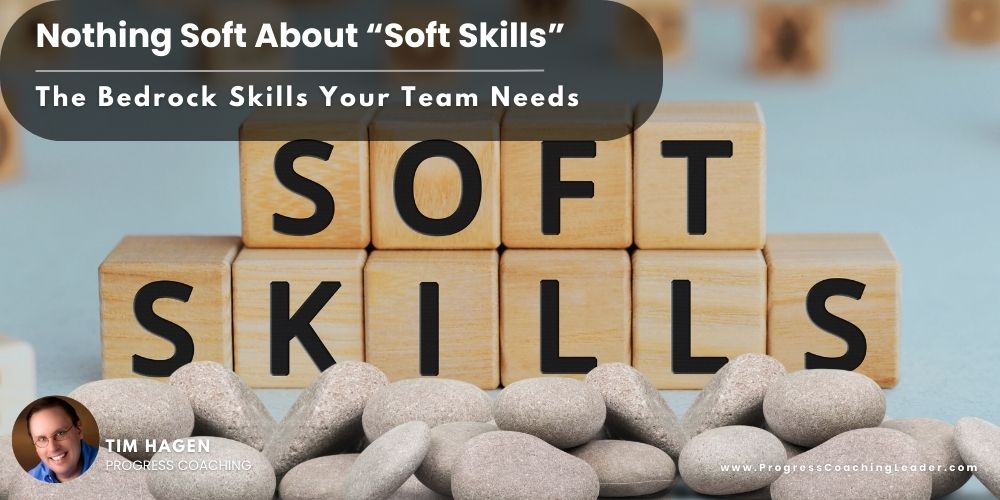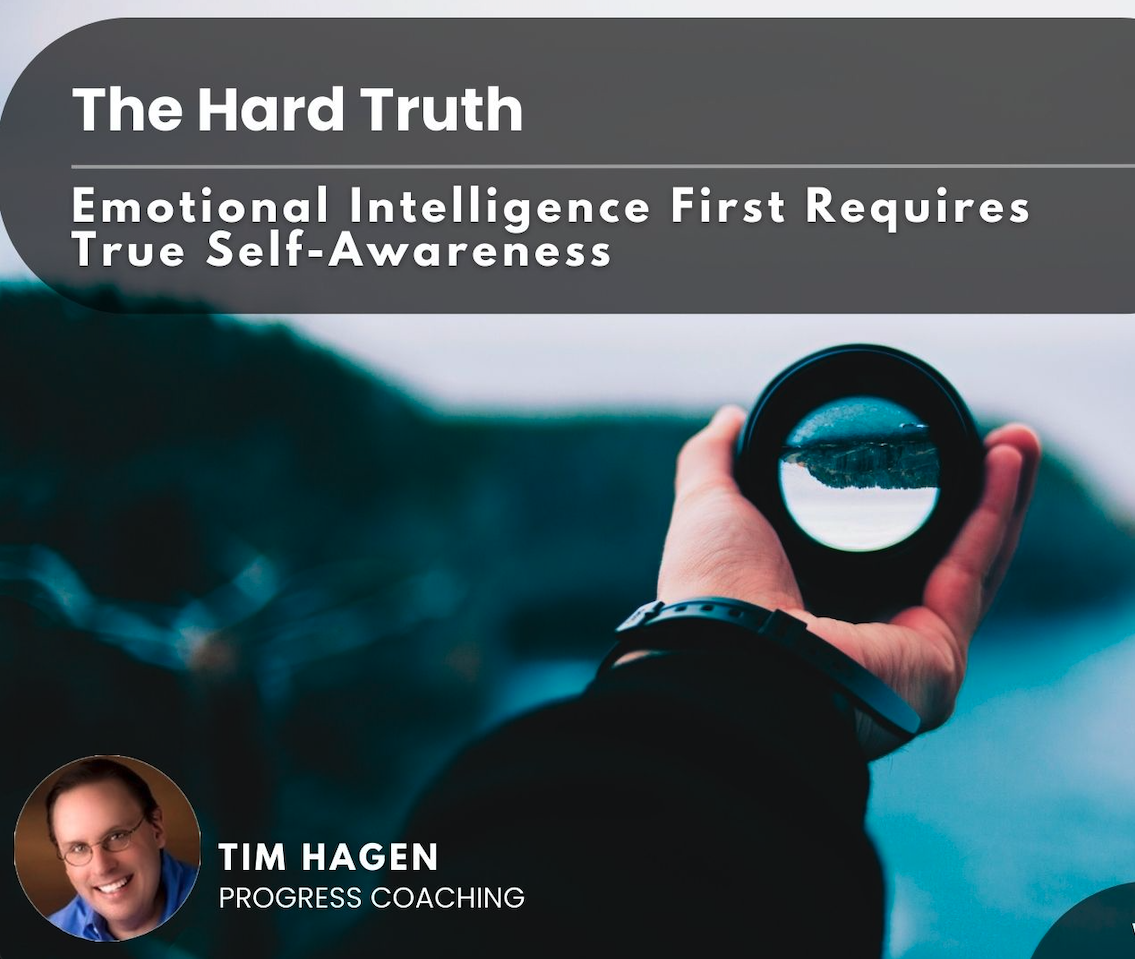
We invest a lot of time and energy into figuring out how to best operate our businesses. From lean consulting down to employee performance improvement plans, we seek to figure out the best solutions to our most common workplace problems. We're able to spend millions of dollars a year on these practices, but we're omitting something vital when it comes to getting at the heart of what's going on at our companies- we're forgetting the "why".
Assessments, dating back to the early 1950's when they became popularized by Carl Jung and other emerging psychologists, were created to easily categorize people and behaviors. MBTI, also known as Myers-Briggs among other circles, was actually created by two housewives. Assessments have come under scrutiny when it comes to their validity and reliability in statistical realms for reasons abound- do they measure what they're supposed to measure, can you really trust an assessment to give an actual depiction of what's going on with someone? I argue, it doesn't actually need to be accurate to get to the root cause of why we assess our people. Here's my top reasons why assessments work to assist in solving some common workplace issues:
- They get the conversation started- You may wonder why your cubicle neighbor simply comes in and starts the day without much chit-chat, when you need to fill up your coffee and engage with your coworkers. Simply having some sort of background information on this employee would help you know that they're not being rude or cold, rather they may score more toward introversion on the scale of extroversion versus introversion. You'll also keep in mind that this one form of assessment and that you can't put people in boxes. All the more reason to get to know the rest of your team through conversation as opposed to simply going with the results you get.
- Assessments help you figure out what motivates your team- One thing that can be pretty consistent on these assessments is that they ask what motivates you. You can tell a lot about someone based on their motivations, which makes your job, whether you're a manager or coworker, easier when you know what motivates someone. Whether one person feeds off monetary gain while the other would rather get more vacation time, you have a reference point that allows you to help motivate your team, and ultimately keep them. Use the assessment results as a jumping off point for your coaching sessions and ties back improvement and reinforcement areas to those goals.
- You can put people in the right positions- This one comes with a big caution mark. I've said it before and I'll say it again- assessments don't tell the whole story, but they'll tell a good part of it. What someone is willing to say in an assessment and what they're willing to disclose to you may vary greatly. This gives you a good indication of where people would best be positioned in the company. Every organization needs a structure where some innovate, many organize, and many drive to get the work done. Innovators would be poorly suited for those driving and grinding jobs, and vice versa. Use these assessments to help your coaching sessions and figure out where all of your people are best suited, and use their goals to make sure they're happy where they are- at your company.
Assessments don't solve everything. Don't send out an assessment and think you've got your company's culture problem solved. If you take that mindset, you'll probably start ascribing roles and attributes based on employee assessment results without getting to know how they interact within those roles. Assessments, from their founding, were created as tools to help understand ourselves, not solve our problems. At your company, be sure to use any assessment tool as a jumping off point for your coaching and culture development.
Interested in learning more about how you can use assessments to get your coaching going? Check out our Dual Assessment.






